“Chastity does indeed reside in the soul as its subject, though its matter is in the body. For it belongs to chastity that a man make moderate use of bodily members in accordance with the judgment of his reason and the choice of his will.” ~ St. Thomas Aquinas
“There is need for a crusade of manliness and purity to counteract and undo the savage work of those who think that man is a beast.” ~ St. Josemaria Escriva
“It is often thought that continence causes inner tensions which man must free himself from…continence, understood integrally, is rather the only way to free man from such tensions. It means nothing other than the spiritual effort aimed at expressing the ‘language of the body,’ not only in truth but also in the authentic richness of the manifestations of affection.” ~ St. John Paul II
When I was a boy, most of my heroes were rather prodigious lotharios: Jack Tripper from “Three’s Company,” Roger Moore as James Bond, and Hugh Hefner. I thought that a free and unrestricted expression of male sexuality was what made you a man. Sex was something to be explored (as often as possible) and enjoyed; and that was it. The idea of curbing your desires, or bypassing an opportunity, was completely incomprehensible. Chastity was an unknown. In a very vague way, I understood that priests did not have wives or children – however, my awareness did not go beyond that. As far as I was concerned, being sexless was the sole punishment for children, the homely, and the handicapped. There was really no point of reference in which to observe or appreciate the chaste male.
In the teen-comedies of the 1980s, the plot was usually centered around someone losing their virginity; typically an unattractive nerdy male: “Fast Times at Ridgemont High,” “Sixteen Candles,” and “Weird Science.” The curse of inexperience was viewed as a burdensome mark of embarrassment that needed to be discarded as soon as possible. Those who failed were seen as less than a man; or even homosexual. In the 1970s and afterwards, this false perception was intensified through the use of pornography. In those films, men were always sexually ready and willing. Yet, what the Saints have proposed is a very different view of man and what it means to be masculine: to be physically, psychologically and spiritually whole as a human and a sexual being; to rise above our purely animal instincts; and to experience what it truly means to be free.

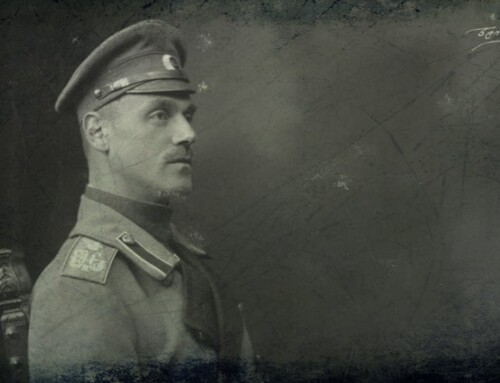
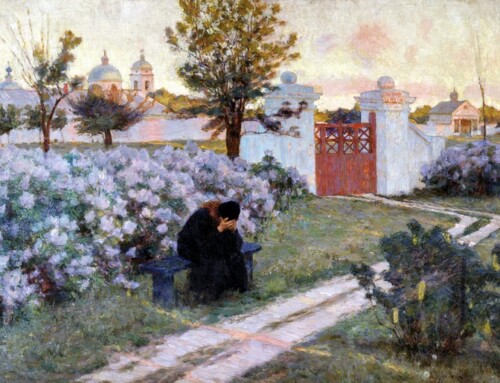
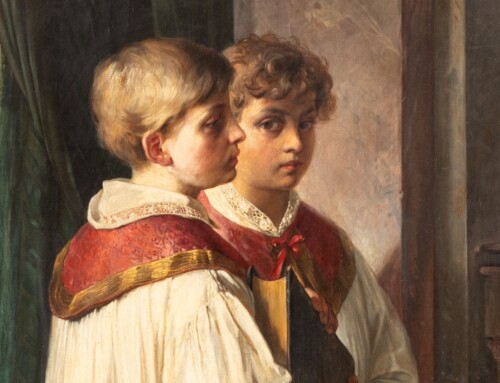
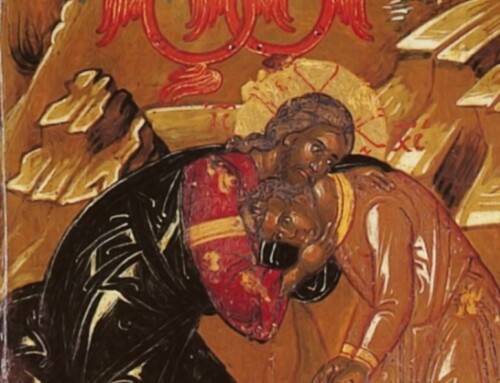
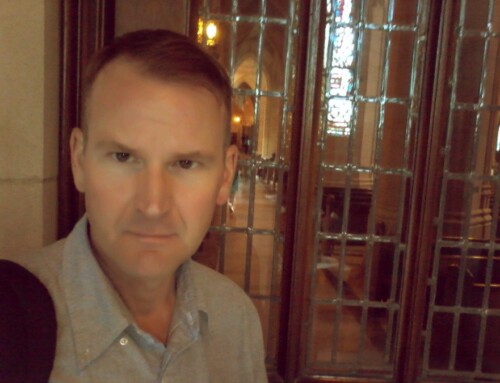
That's a great theme! It's very important remember that the pattern of christian masculinity is large, and goes from the more obvious Saint Ignatius of Loyola and Saint Nuno of Saint Mary (my childhood hero!) to more delicate types, like Saint John Vianney, and even types too contemplatives, almost disenbodied angels, like Saint Benedict Labre and Saint Bruno. They're all men, all of them. I love your blog, pal! Greetings from Brasil! Fabio.
Self control is manly.
I was very pleased to find this web-site.I wanted to thanks for your time for this wonderful read!! I definitely enjoying every little bit of it and I have you bookmarked to check out new stuff you blog post.